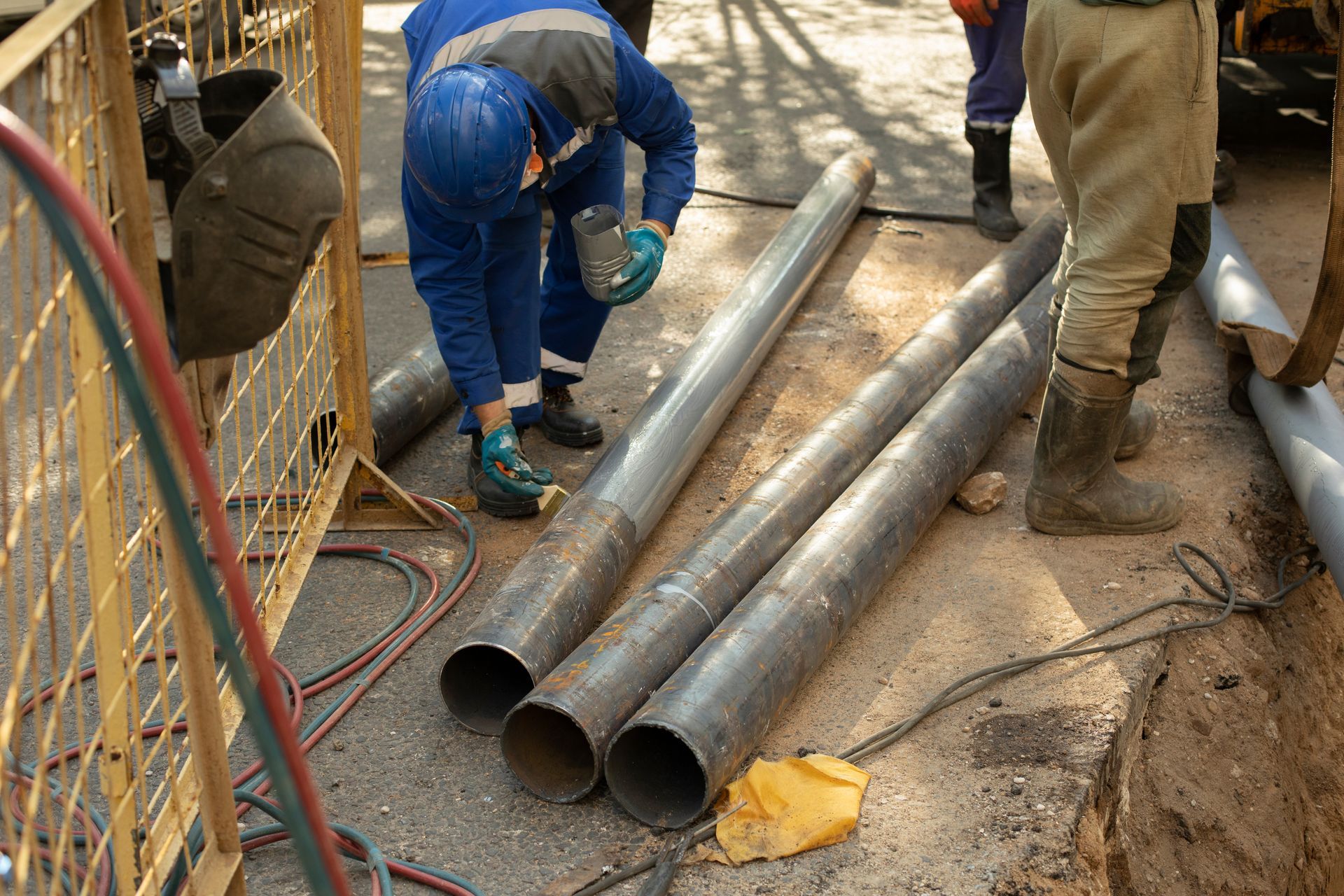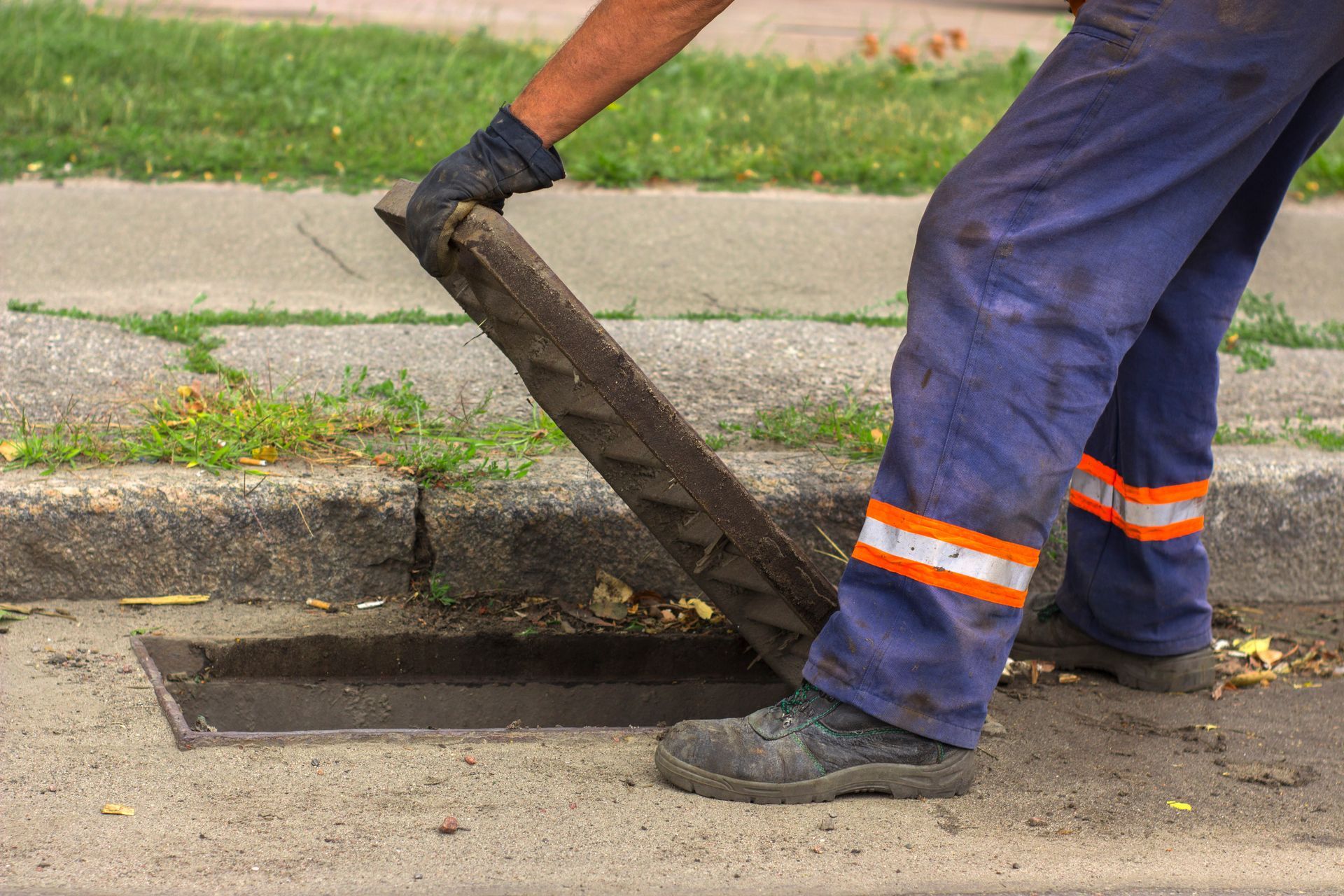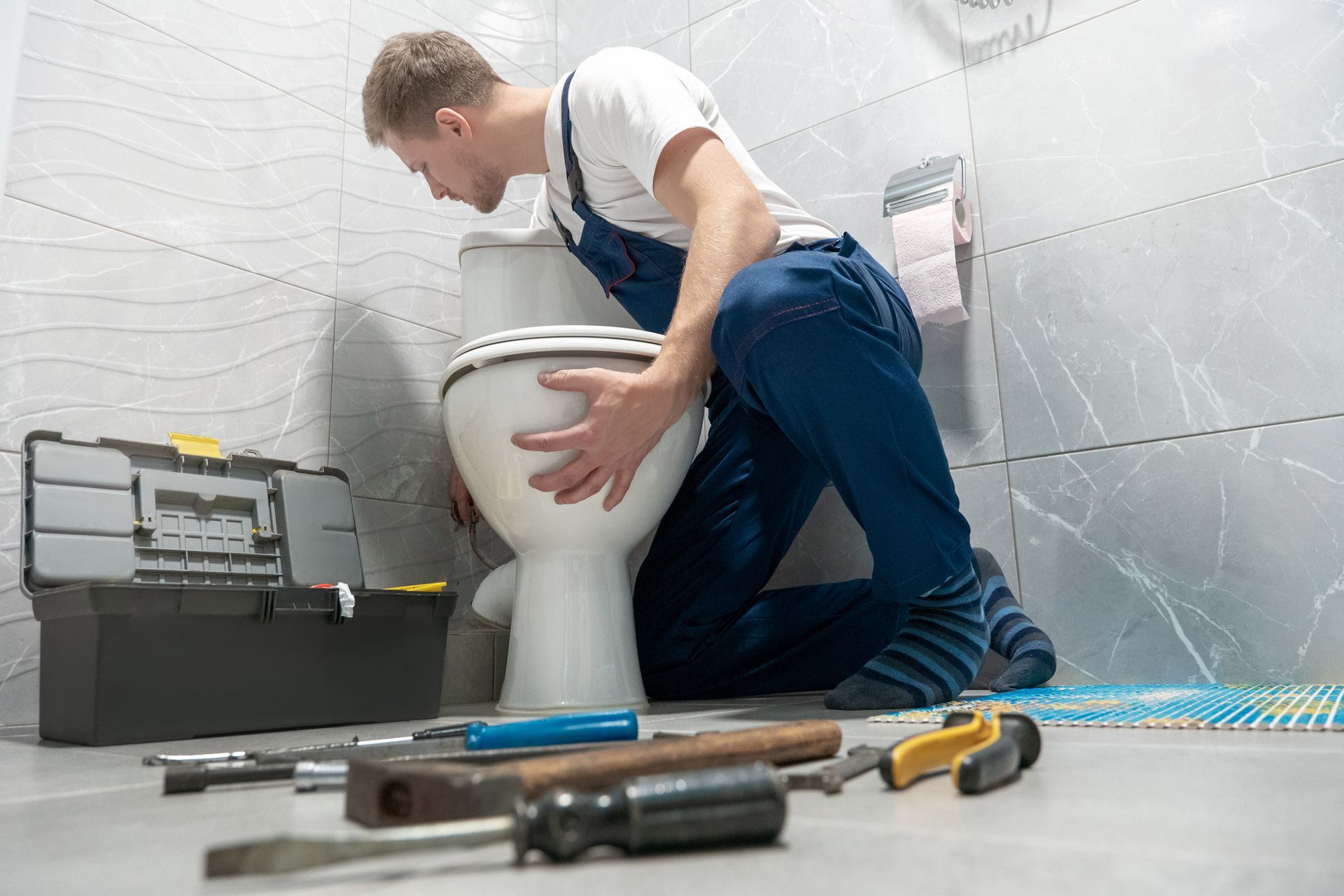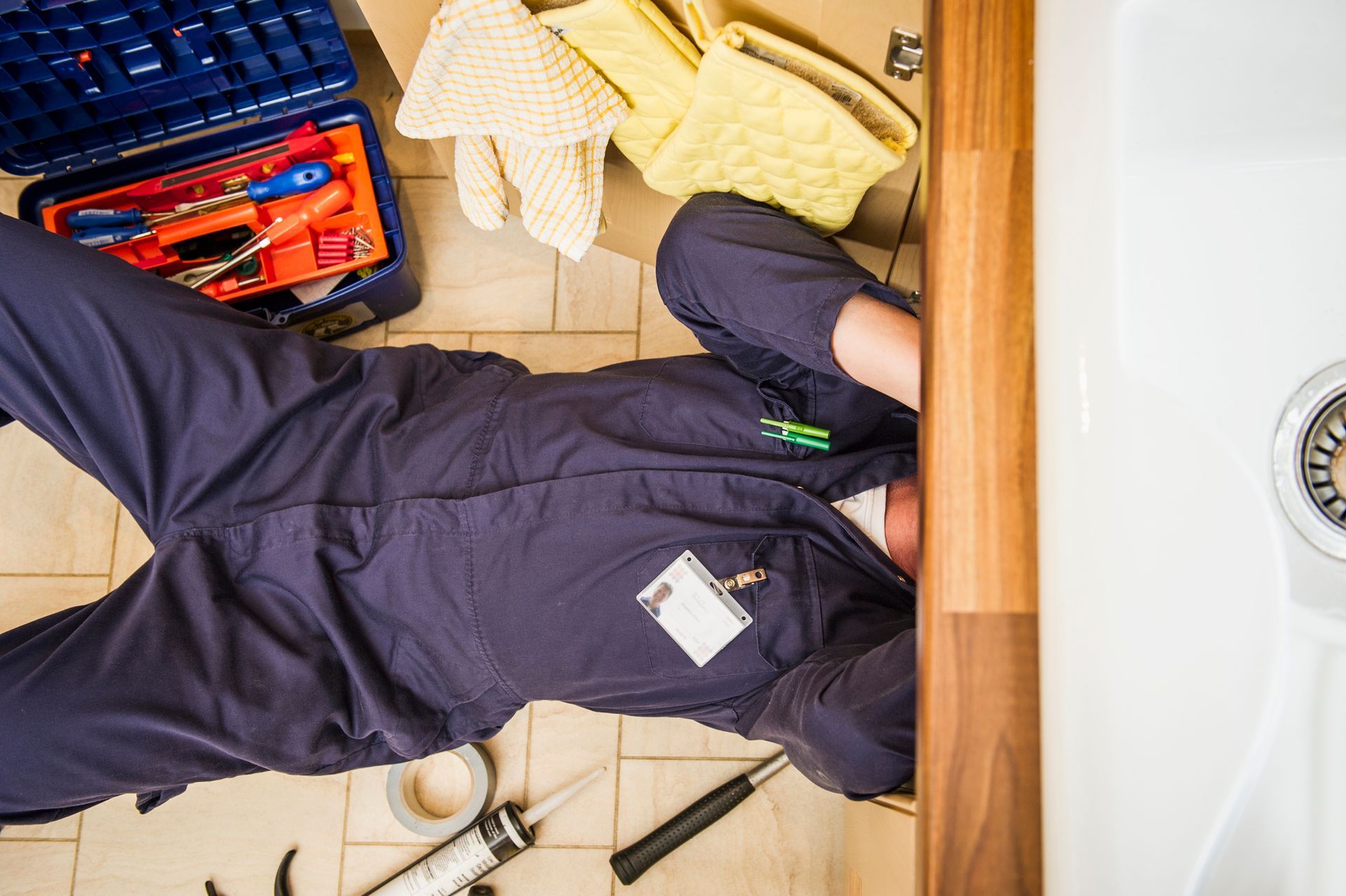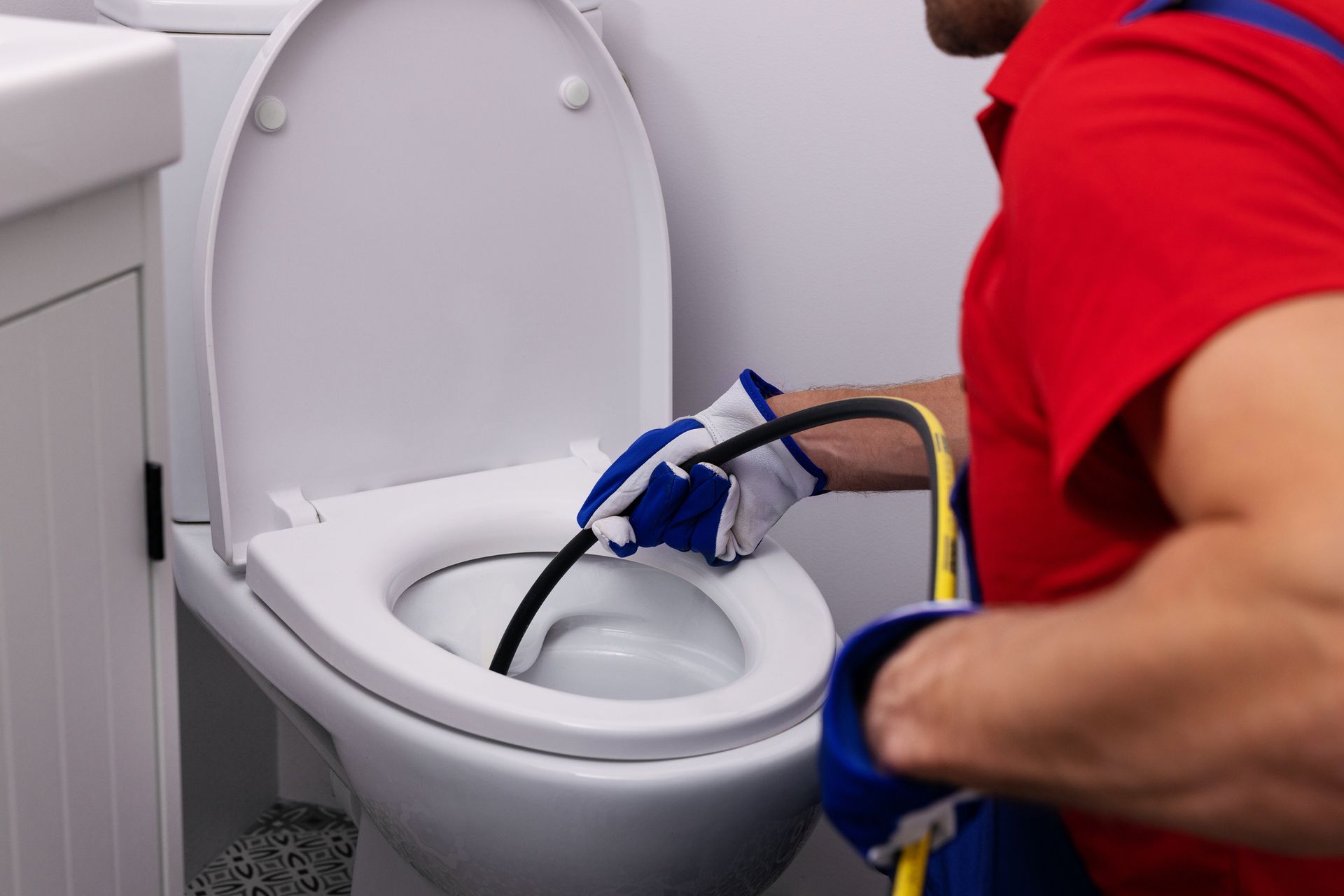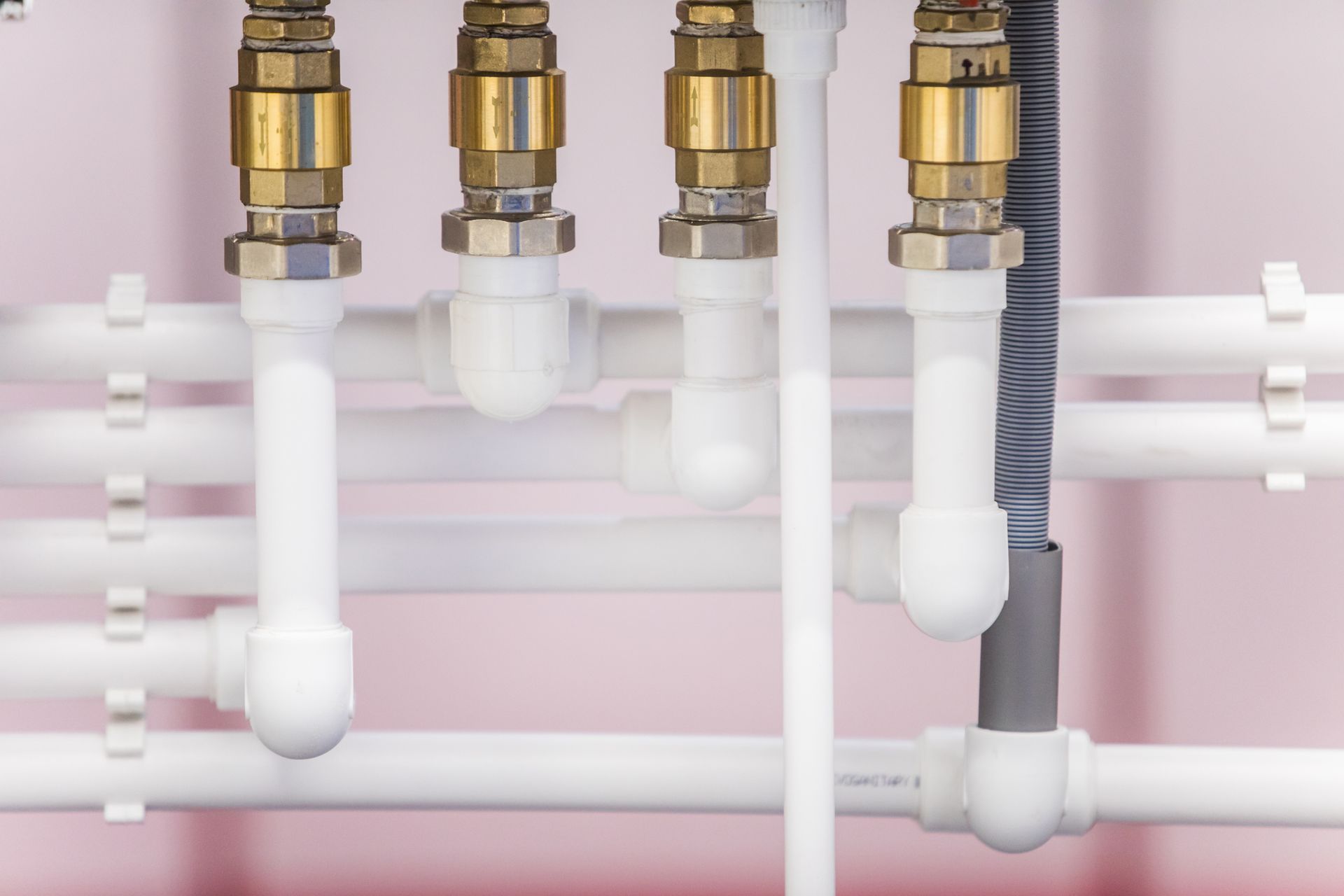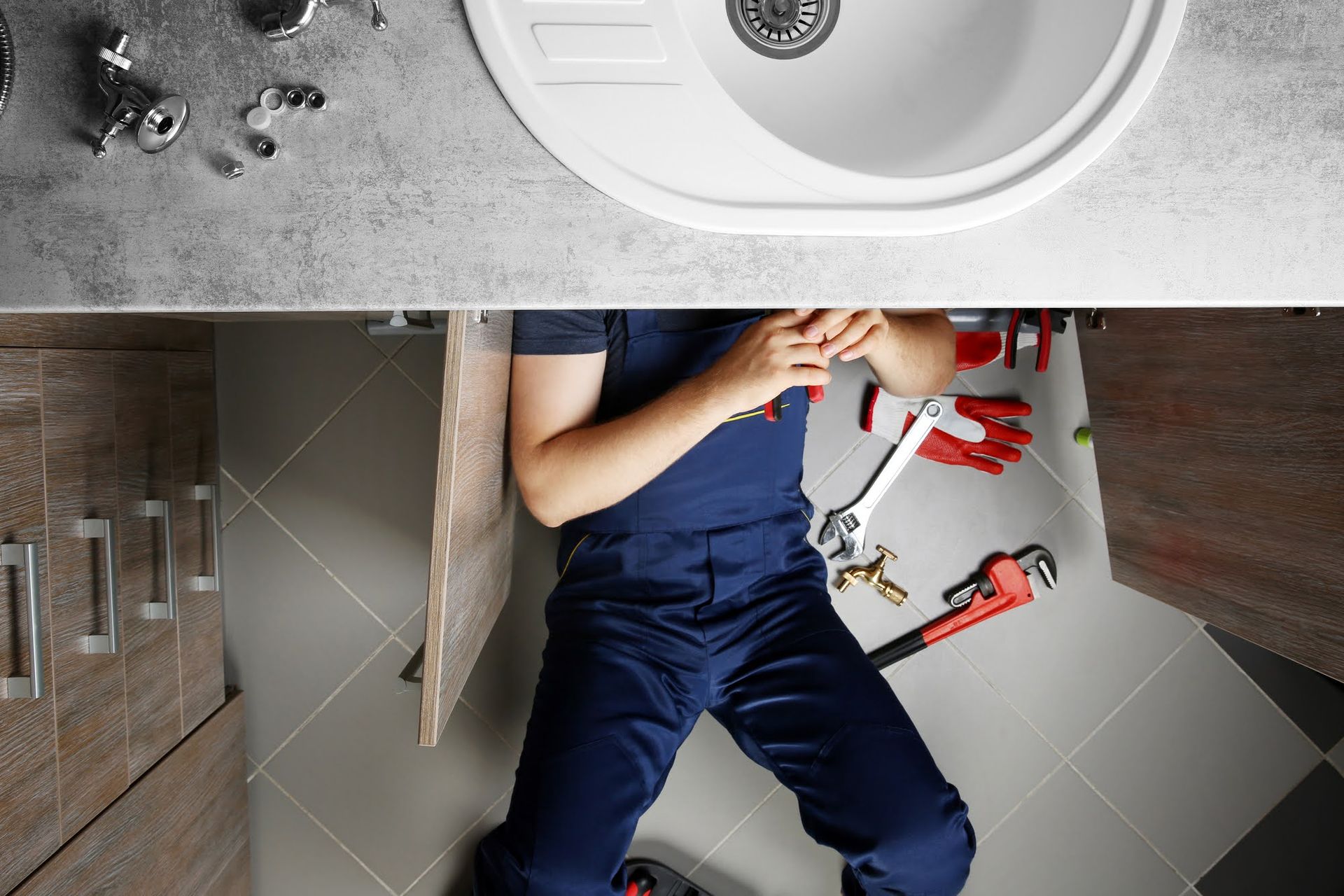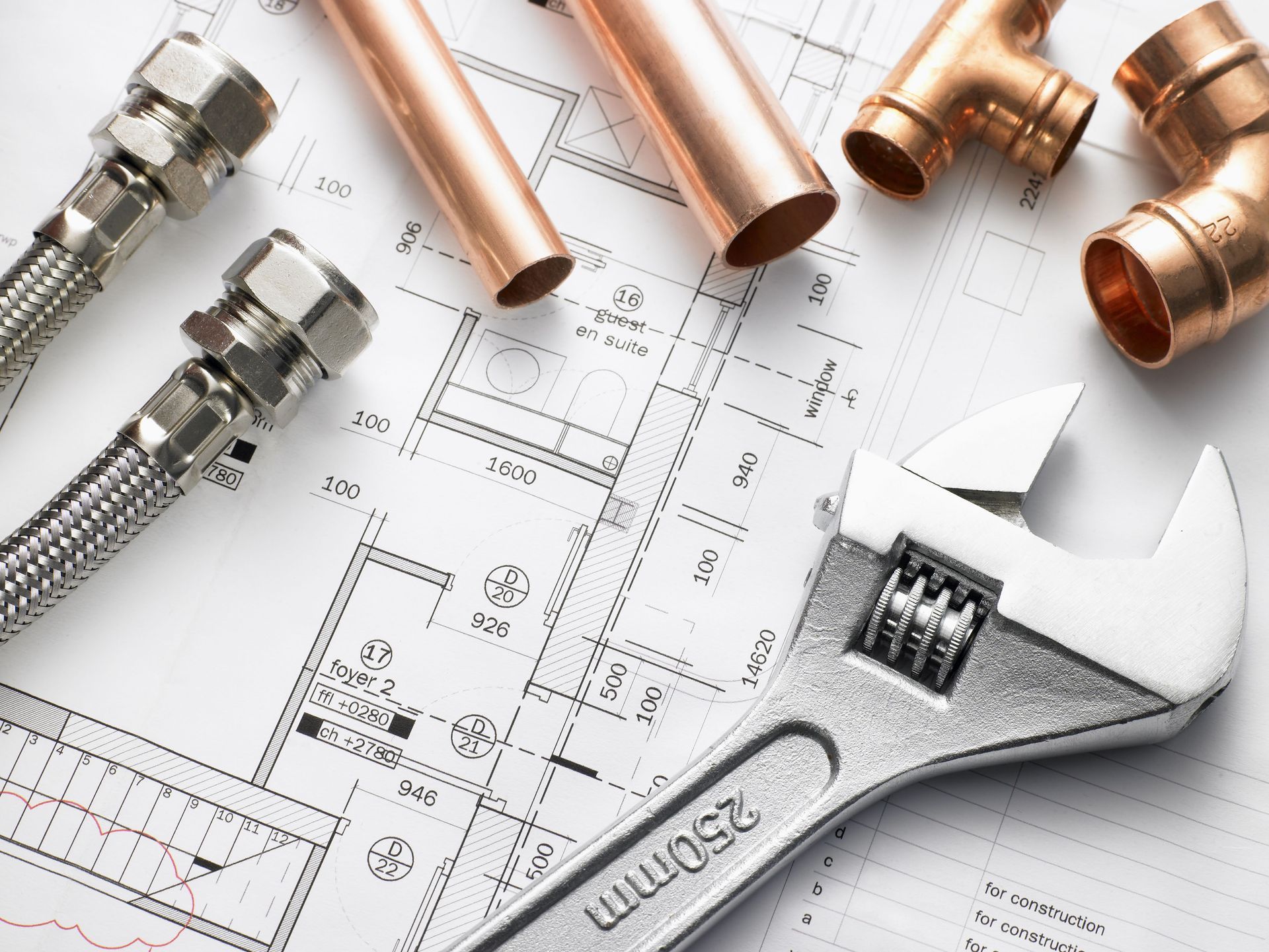3 Ways to Prevent Clogs in Your Shower Drain
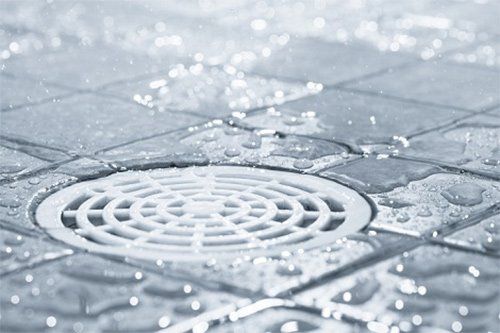
When you take a shower, you are not only washing away dirt and soap, you are also washing and rinsing hair, dead skin cells, and sediments from your water down into the drain. Because of this flow of water and waste, clogs in your shower drains are common.
Although clogs may seem like small nuisances, these constant clogs can lead to messy, costly water damage and even backed up septic systems if the problem is not repaired. This guide can help you prevent clogs in your shower drain.
1. Catch the Hair and Debris
Hair is one of the most common items that quickly clog your shower, but hair is also one of the easiest items to prevent from going down the drain.
Many manufacturers offer covers for your shower drain. These covers are available in a variety of sizes and colors, so you can find one that fits your specific drain while complementing the look of your shower and bathroom.
The covers not only stop the hair from moving down the drain, but they also collect the hair so you can clean it up quickly.
In addition, many of these covers are built out of a fine mesh, which is capable of trapping other debris, such as soap scum, dirt, and sediments.
For an investment of just a few dollars, these covers can be added to each of your shower drains to prevent clogs.
2. Rinse the Drain
Simply rinsing your drains regularly can prevent heavy buildup, protecting your shower and other drains from clogs. However, what you use to rinse your drains does matter.
Many people prefer the convenience of liquid drain cleaners that are sold in most stores. In some cases, these drain cleaners are capable of rinsing the drains and pipes, which removes stubborn buildup that may be clogging your drains. In reality, many of these drain cleaners contain chemicals that eat through more than dirt, hair, and soap scum.
Drain cleaning chemicals may actually erode your drains and pipes. This leads to rust, corrosion, and potential leaks that are costly and expensive to repair.
Thankfully, there are other natural solutions for rinsing your drains to prevent clogs.
After showering, allow the water to run for a few minutes once you step out. Run hot water only, which can remove dirt, hair, and soapy residue from inside the drain.
Vinegar is another option for rinsing your shower drain. Pour some white vinegar into the shower drain periodically. Vinegar contains acidic properties that are gentle enough to use on your drains and plumbing but strong enough to eat through heavy dirt and debris.
Finally, talk to your plumber about a hydro jetting treatment. Hydro jetting involves forcing a high-pressured spray of water directly through your home's drains. Not only will hydro jetting remove any existing clogs, but the high-pressured spray of water will also wash away debris to prevent clogs in the future.
3. Use Water Treatments
If you have hard water, you are more likely to develop clogs in your shower and other drains.
To get into your home, water must move through soil and rock. During this process, water will dissolve small amounts of sediment and minerals. Calcium and magnesium are two of these minerals.
Over time, these particles in your water will create a stubborn film in appliances, fixtures, drains, and pipes. When combined with soap while showering, hard water can become even more troublesome, increasing the risk of clogs in your shower drain.
If you have hard water, consider having a water softener installed. This system basically cleans the water by removing the minerals that make the water hard.
These tips will help you keep your plumbing safer from clogs. For more information on how to avoid or fix clogs, contact Michigan Plumbing.

